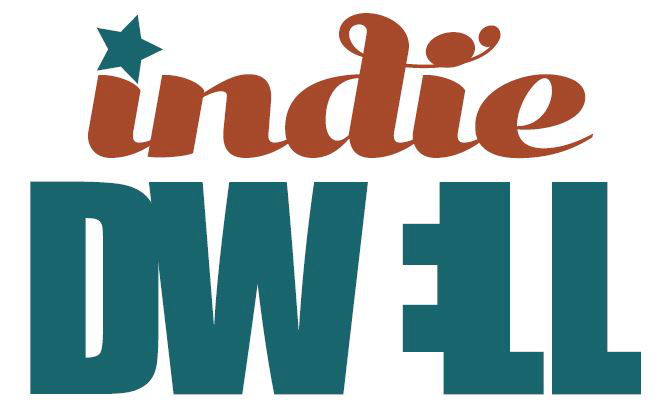indieDwell and Lessons from the Ivory Prize
Ivory Innovations, an applied academic institution at the University of Utah's David Eccles School of Business annually awards the Ivory Prize for innovations in affordable housing. The institution recognized indieDwell as a finalist in the design and construction category. As part of the awards process indieDwell Executive Chairman Pete Gombert participated as a panelist in a half-day event held at Harvard’s Graduate School of Design and hosted by Harvard University’s Joint Center for Housing Studies. Topics discussed included innovations across design and construction, finance and public policy and regulatory reform. The following represent the lessons learned from conference presenters.
We must increase housing construction through innovation and technology to build faster, increase productivity, and lower costs.
indieDwell contributes to these factors in a number of ways. Among other things, our factories combine all the trades under one roof, eliminating the cost and time investment in scheduling subcontractors at job sites, allowing indieDwell to pass savings through to project owners, and ultimately the residents of our homes.
Preserving and producing affordable housing in neighborhoods and building on the people and strengths in a given community is essential.
The “people powered factory” model innovated by indieDwell locates factories in cities in need of economic development. Workers in our factories earn wages that allow them to live in the community where they work and the work they do provides affordable housing for the surrounding area.
Creative approaches to finance can allow more people to qualify for a mortgage and buy a home, and to build more affordable rental housing.
In local markets, indieDwell partners with foundations, non-profits, housing authorities, land owners, governmental entities and like-minded Developers committed to healthy, durable, sustainable and affordable housing. The investments from these kinds of partners help indieDwell’s factories to increase the supply of affordable housing in the areas where we operate.
Existing lots and housing can provide greater housing opportunities to meet the nation’s housing demand and to increase income for homeowners.
Removing regulatory barriers at the local, state, and federal level can spur more homes and apartments to be built and reduce the time and cost of building.
Often the two above lessons interact. indieDwell and our design partners are working with a 24 unit multi-family model that can fit on as little as 6000 square feet. That makes the model perfect for infill sites across the country. It also means local governments need to be willing to accept densities of 150+ units per acre. So regulatory reform may be necessary to activate the many infill lots that could utilize this type of solution.
As a company we are honored to be recognized by our peers at Ivory Innovation and look forward to learning more lessons from future Ivory Prize winners and nominees.

